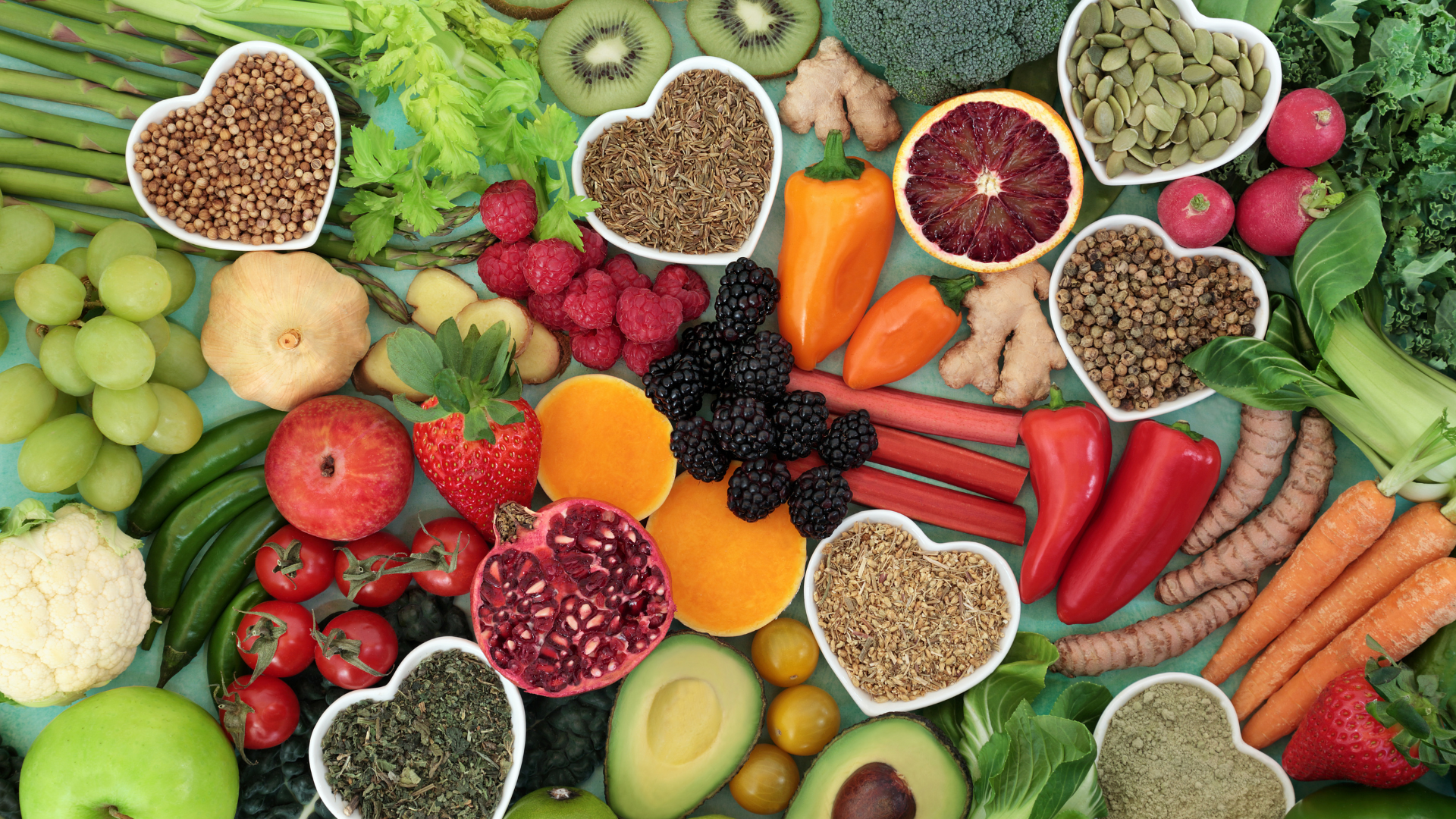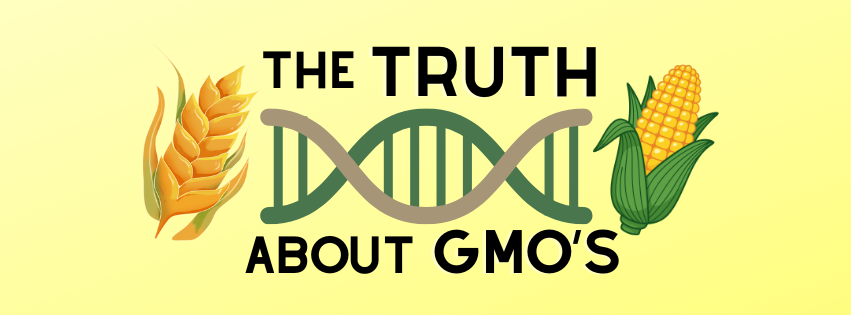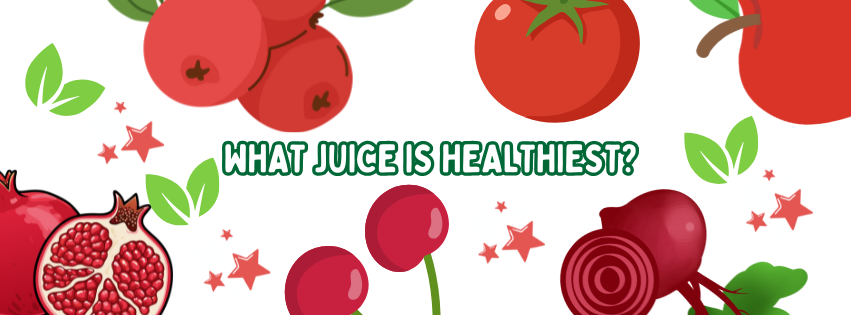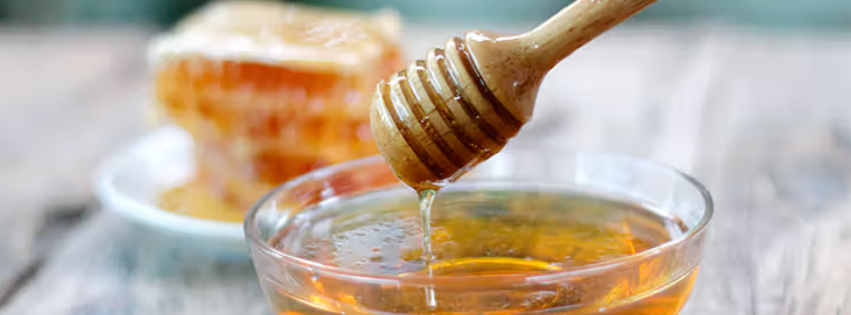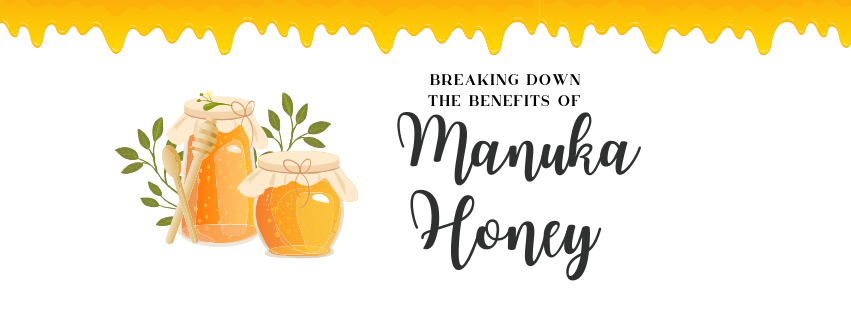Weight Loss & Management
This information is not intended to replace appropriate professional advice. Please check labels for contraindications and consult your pharmacist if you are on prescription drugs. These suggestions are based on over 40 years of customer experience at Jo Anne's Place.
Achieving a healthy weight is about much more than a number on a scale. Focus on caring for YOURSELF and take pleasure in making changes that improve your health, your confidence, and quality of life. Make changes slowly, progress does not happen overnight. Most of all, treat yourself with love and kindness during the process.
A Balanced Alkaline Diet
- Drink 7-10 glasses of filtered or spring water. Chlorine can interfere with thyroid function, which impacts weight.
- Consume a diet that is 75-80%
alkaline forming with antioxidant rich fruits, vegetables, raw seeds, nuts, beans, legumes and whole grains. There is mounting evidence that a whole food, plant-forward diet is the best way to maintain a healthy weight and reduce your risk of cancer and heart disease.
- Organic foods are the safest way to nourish yourself - a wise investment!
- Have complete protein no later than lunch for better assimilation of amino acids.
- Combine foods for optimum digestion: fruit on an empty stomach 30 minutes before others foods – animal products and starches digest in very different gastric secretions and should not be eaten at the same meal (according to
food combining guidelines based on Ayurvedic practices).
- Take 2 tsp apple cider vinegar and honey (opt) in tepid water with meals. It increases thermogenesis, aids digestion, regulates blood sugar, and reduces fat storage.
- Have a ¼ teaspoon of nut butter (raw almond is alkalizing) at intervals through the day to balance blood sugar, stimulate your liver, and ease food cravings.
- 1-3 tbsp ground flax to promote hormone balance and a feeling of fullness.
- Use coconut and MCT oils to balance blood sugar levels and aid in fat burning.
Basic Supplements - Elevate nutrition from adequate to optimum
- Bio-Strath – aids in digestion, assimilation, elimination, and energy production. Promotes health of gut and intestinal microbiomes.
- Vitamin D – 8,000 IU for one month then reduce to the upper limit of 4,000 IU daily – a deficiency is associated with obesity.
- Vitamin C - anti-inflammatory, reduces anxiety (helps lower cortisol) and fatigue.
- Magnesium – necessary for muscle development and resetting metabolism.
- Omega-3 fatty acids – anti-inflammatory, promotes hormone balance.
- Probiotics – correct pH, improve digestion, support the immune system, helps ease stress and anxiety (the gut-brain connection).
Special Aids for Weight Loss - For short term use
- Acetyl L-Carnitine – converts fat into fuel, regulates blood sugar levels, improves circulation and cardiovascular functions, increases energy.
- Black Seed Oil (cumin) – increases metabolism, supports weight loss and immunity.
- Have ½ tsp of manuka honey as a tasty “dessert” after meals. Manuka boosts your immune system, increases enzyme activity for better digestion, and the levulose content metabolizes slowly so you feel satiated longer.
- Holy Basil and other herbal teas are helpful between meals when food cravings arise. Also helps to reduce stress and relieve cortisol levels.
Diet Fine Tuning
- There is no accurate magic daily calorie allowance. To achieve a lighter body you want more light filled food. Have juicy fruits, vegetables and broth-based soups or bone broth. You can have as much of those as you want without counting another calorie.
- Each day, focus on living food and their fresh juices first. Add a little protein to one meal and a little grain or starchy veg to another. Keep it simple. Fuel your body like a Lamborghini!
- Classify your food choices as “moving forward” or “moving backward”. Think about what you are eating and what it is doing for your body and your health.
- Concentrate on building your discipline muscles. Abe Lincoln defined discipline as choosing between what you want now, and what you want most.
- Avoid distractions like TV when eating (I know, it's hard!). Listen to your body. Give your meal your full attention and practice stopping when satiated, a little before feeling full.
- Healthy eating is a preference, not a prison. Set aside a day each week as a treat day and indulge in some fun foods. Pay close attention to how your energy and sense of well-being are affected by not so healthy foods. You may be quite happy when you return to your healthier menus!
Crank Up The Activity Dial
- Time outdoors has multiple benefits. We just feel more alive connecting with Nature. Get some outside/exercise/fresh air/sunshine time every day.
- Dr. Zack Bush has a 4-Minute Workout you repeat 2-3 times a day. It boosts nitric oxide production which increases energy and encourages fat loss.
- Another easy exercise to fit into your day is rebounding. As you gently bounce for just a few minutes 100,000 pounds per square inch of gravity will be pushing back, toning your muscles and flushing your lymphatic system. VILPA is another option!
- Get a pedometer (or use your phone) and challenge yourself to walk an extra 100 steps each day until you are routinely walking 10,000 steps.
- The lungs are an excretory route for fats! Through exercise you naturally breathe more but you can practice rhythmic breathing anytime. Most loss takes place while you sleep and by developing deeper breathing patterns while awake, you will naturally breathe more efficiently when sleeping. Alkalinity improves, too!
- A sluggish lymphatic system leads to weight gain. Dry body brush 2-3 times a week.
- If 'working out' is not your thing, give gentler forms of movement a try. Yoga, Mat Pilates, and walking are all amazing ways to get your body moving and blood pumping!
Final Suggestions
- A cleanse is a great kick off to a new lifestyle. It will likely result in some weight loss and tune up your metabolism. One of the ways the body protects itself from damaging acids is to create more fat cells to store it.
- Keep all pathways of elimination open. As your body casts off waste and excess fat you won’t want anything obstructing its exit! Dry body brush to keep skin pores clear and the lymphatic system flowing. Take enough magnesium and vitamin C to keep bowels moving easily.
- Keep a journal to track your progress and celebrate your wins along the way.
It takes a certain single mindedness to make lifelong lifestyle changes, but what could be more worthwhile? 😊
*Updated December 2024
